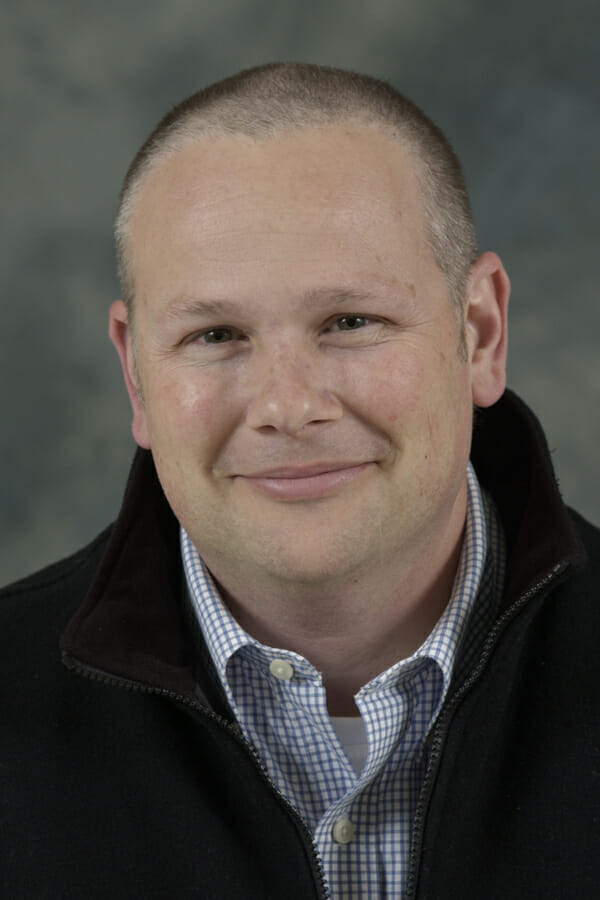It is Saturday, early, and I’m in Knoxville, Tennessee.
This morning I’m in the lobby of the Graduate Hotel. I’m sitting at a large table that one might find in a law school library. The table comes with built in brass ports for one’s computer, two brass lamps providing more than adequate lighting, and a football helmet.
The helmet, encased in plexiglas, has the signature of Peyton Manning on it. Indeed the entire, comfortably furnished, orange-painted room is a shrine to Manning and his football career with the Tennessee Volunteers.
Yesterday, I sat in this same lobby, at this same table, watching tentative teenagers come into the lobby. They came in the door with one or both parents, usually wearing a baseball cap with the orange “T” logo, here in Knoxville for a tour of the campus.
As I watched the procession, I tried to eavesdrop on some of the conversations, but was too far away to get much detail, “This isn’t anything like Arizona State …”
The Graduate does not come with a complimentary breakfast. There are no tough-to-chew bagels; or microwaveable egg and cheese biscuits; or days-old muffins encased in shrink wrap. But they do offer a cup of coffee that is on the house.
This morning my wife is still in our orange-painted room, sleeping, and I’m waiting for her to wake and ask for a cup of this strong, surprising aromatic coffee. When she does, by way of e-mail, I’ll go back up to the room and we will watch Prince Philip’s funeral.
We will do this because we have watched “The Crown” and thanks to this beautifully produced program know a little something about this carefully groomed man who stood beside Elizabeth.
“The Crown” focused on the royal family. We got portraits of the lovesick Charles; the cigarette-accessorized, terminally unhappy Margaret; the dead-eyed Elizabeth who valued duty above every other thing, including her husband, Philip. And against all of this delicious (video) gossip, we saw the British Empire evaporate.
Like some Americans I share a nostalgia for the British Empire. Contrary to contemporary thinking, I think the British did a pretty good job governing (the world) right up until World War II.
Yes, I know they used their battleships — with names like Resolute and Formidable — together with their Maxims to colonize Nigeria, India and Sudan. Then they took raw materials — cotton, palm oil and rubber — back to Wolverhampton Bristol and Manchester. But the British, unlike modern-day China, brought something with them.
The British sent their best and brightest into the Foreign Service. These young men took their ideals, morality and notions of a light-handed government into Burma, Ghana and South Africa. And while they would never believe the natives were of equal worth, they were careful to keep the indigenous religions and the local rulers in place.
These young, gin-drinking men (and their sometimes convention-bending wives) made sure that trade remained uninterrupted, but one must also concede that along the way they gave India, Hong Kong and Ceylon stability for more than 100 years.
This is contrasted with the Chinese who build roads and lay rails in Britain’s former colonies, but do not moralize or proselytize or attempt to replace despots or dictators. The Chinese take home the raw materials, all the while making the world less stable.
By the time Elizabeth reluctantly took her crown; the Empire was unraveling and the colonies were demanding self-rule. At this point the United Kingdom had won two World Wars. But in the process of winning those wars it wiped-out several generations of young men; depleted its treasury and, importantly, watched its manufacturing shift to the United States.
Elizabeth came into office with a Commonwealth that was splintering into shards that were not economically or ideologically tethered to the United Kingdom. In an effort to slow down the splintering, Elizabeth and her consort, Philip, toured the world, waving, smiling, accepting gifts from children, and making ceremonial toasts that were mostly theatre.
God knows the two of them had style. They also had a yacht, their own train, and were always surrounded by men in scarlet tunics playing “Good Save the Queen” or, my own favorite, “Rule Britannia, Britannia rules the waves.”
In an hour I’ll watch the pomp and circumstance of Philip’s funeral — no doubt thinking that these Brits can do a damn good funeral!
(A personal note. My nephew, Alexander Littlewood, is producing Philip’s funeral for BBC.)
Scott Graber is a lawyer, novelist, veteran columnist and longtime resident of Port Royal. He can be reached at cscottgraber@gmail.com.






